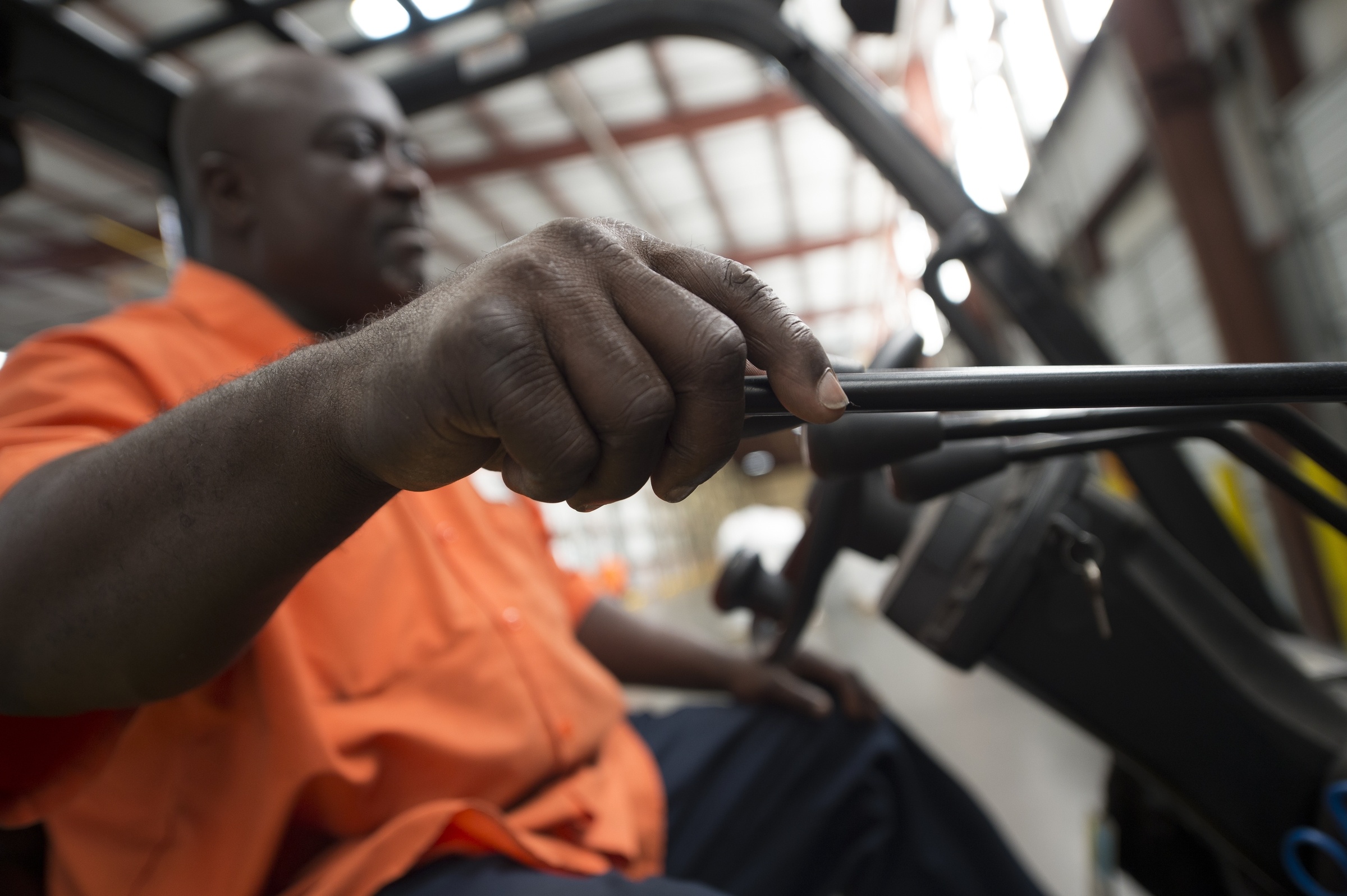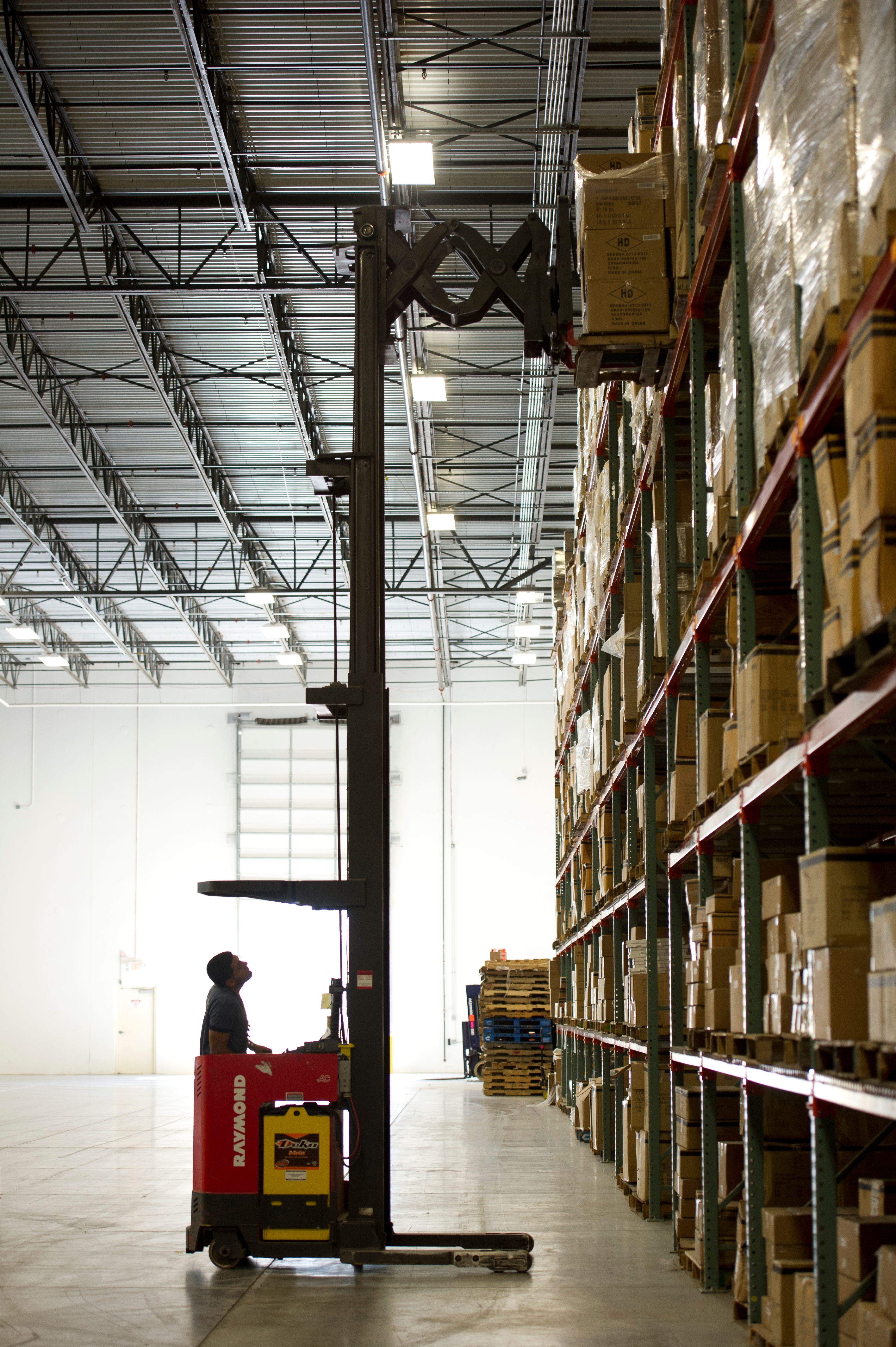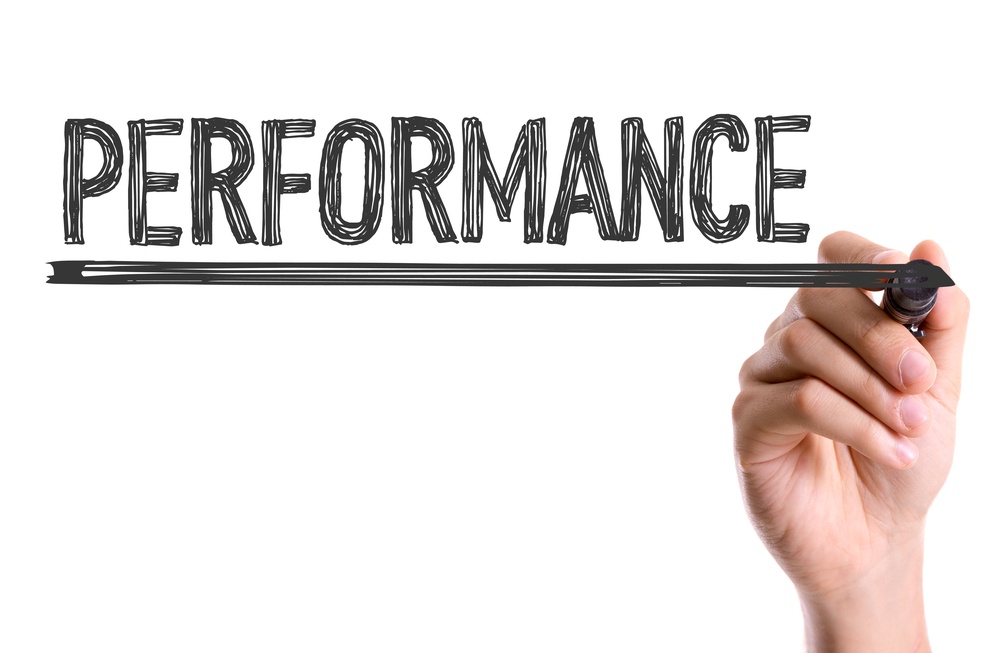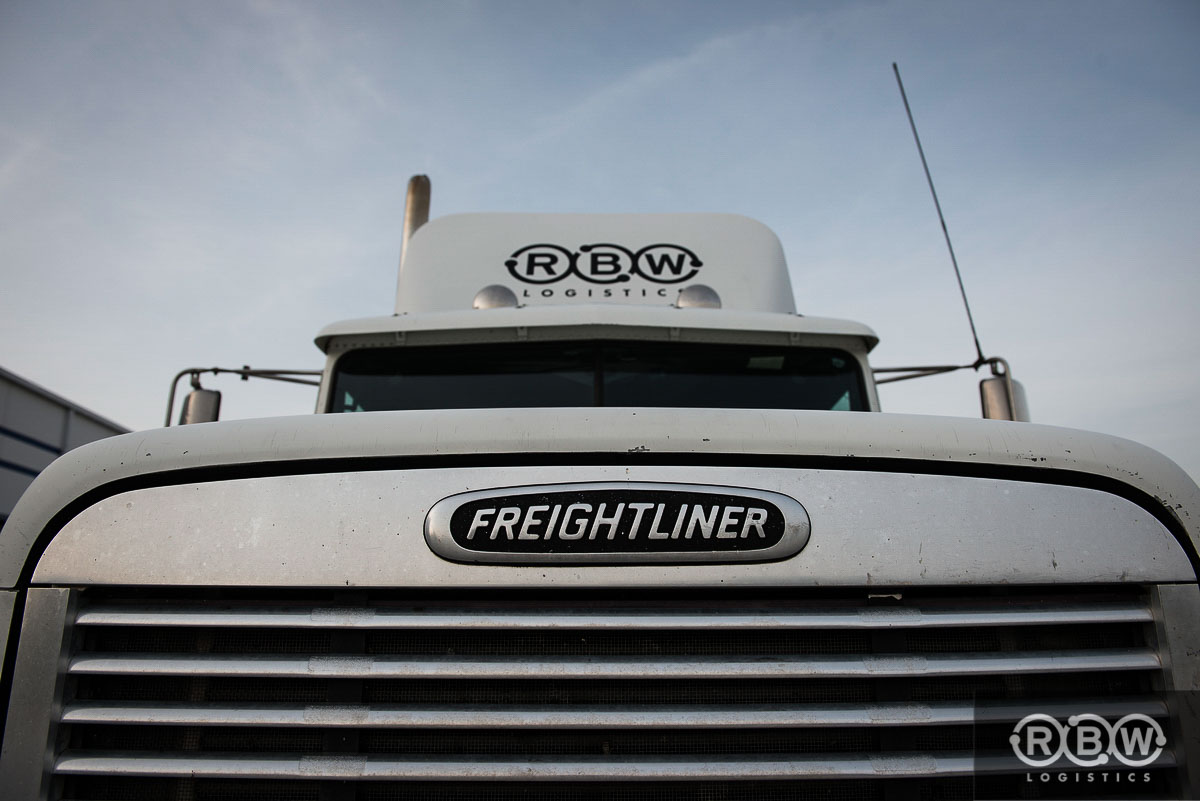Trim The Muda - Lean Manufacturing ( Part III: OverProduction)
INTRODUCTION We continue our VIII part series on " Trim The Muda" in manufacturing. Our last post was about the muda found in Transportation....
2 min read
 Chadwick Heard
:
Updated on April 8, 2016
Chadwick Heard
:
Updated on April 8, 2016

INTRODUCTION:
This is part IV of our XIII part series on removing the muda out of your manufacturing. Our most recent post in this series discussed the muda found in Over- Production. Over - Production is known as the worst of the 7 areas of muda because it impacts many other areas. In this post, we will discuss the muda found in Over - Processing.
First, let's see if you can solve this brainteaser...
Brainteaser: How many squares are on a checkerboard: 32, 64 or 128?
Definition:
What is Over - Processing?
Over - Processing is the inclusion of extra steps in a manufacturing process that are not needed. These added steps accumulate over time and they don't truly add value to the end product. Consequently, unnecessary costs are accrued. Over - Processing can also mean producing products of a higher quality than what is required. This may be due to equipment being used incorrectly, errors in rework process, poor process design or bad communication. It can also be as simple as not checking what the customer's requirements are. - http://www.manufactus.com/portfolio/8-types-of-waste/?lang=en
Elaborate and expensive equipment are also a source of muda in Over - Processing when simpler machinery can be used as effectively. Think about it! It's the manufacturing equivalent of this Rube Goldberg Machine designed to erase a whiteboard.
Elaborate is not always the way to go. This logic rings true in manufacturing. David McBride describes it as,“using a sledgehammer to crack a nut."
Poor plant layout is a third area of muda. Sometimes you can simply and easily reduce the station travel time by arranging preceding and subsequent operations near one another.
Toyota is famous for their use of low-cost automation, combined with immaculately maintained, often older machines. Investing in smaller, more flexible equipment where possible; creating manufacturing cells; and combining steps will greatly reduce the waste of inappropriate processing. - David McBride http://www.emsstrategies.com/dm090203article2.html
Costs
Where can an organization expect to see the effects of Over - Processing ?
Over processing costs can be found in:
One of the major areas that over - processing occurs is in the "mega machine." One of the biggest examples of over-processing in most companies is that of the “mega machine” that can do an operation faster than any other, but every process flow has to be routed through it causing scheduling complications, delays and so forth. http://leanmanufacturingtools.org/77/the-seven-wastes-7-mudas/
The lean philosophy utilizes many small appropriate machines to produce a product. The reasoning behind this is that small machines in sequence improve the manufacturing flow and reduce the likelihood of delays.
Another causes of Over - Processing is unclear standards. What typically occurs is an operator will attempt to produce the best that they possibly can if there is no standard. Ordinarily, this would be good. The problem is that the operator will begin to add steps to the process that truly do not add value to the product's end use.
A third cause of Over-Processing is a lack of standard work processes. Different people have difference processes for achieving the same goal. This seems logical. In most cases in life, this is not a problem. In manufacturing, this is not a good thing. Different processes effect reliability, consistency, quality, and efficiency.
The RBW Difference
Let RBW's Operational Support be a resource for removing the muda found in Over - Processing. Our team members are trained to spot areas of Over-Processing muda . Continuous Improvement is a process that is embedded into our corporate DNA. We are able to observe and analyze your company's operations and give an outsider's perspective. Through the process of value mapping and process mapping, we are able to see which steps in the processes are truly adding value and which are not. The impact of our service will be an overall reduction in costs.
CONCLUSION:
In closing, Over-Processing is one of the seven areas of muda in manufacturing. It is the inclusion of extra steps to the manufacturing process that do not truly add value. There are several causes of this in manufacturing. Let RBW Logistics be a solution to your Over - Processing dilemmas.
Answer: 64

INTRODUCTION We continue our VIII part series on " Trim The Muda" in manufacturing. Our last post was about the muda found in Transportation....

Organization and efficiency are important if you want to have a seamless warehouse processing system. Here are a few tips that will help you save...

The 2nd installment of this 8-part series on reducing the waste in manufacturing is Transportation. Transportation is considered by many as the...